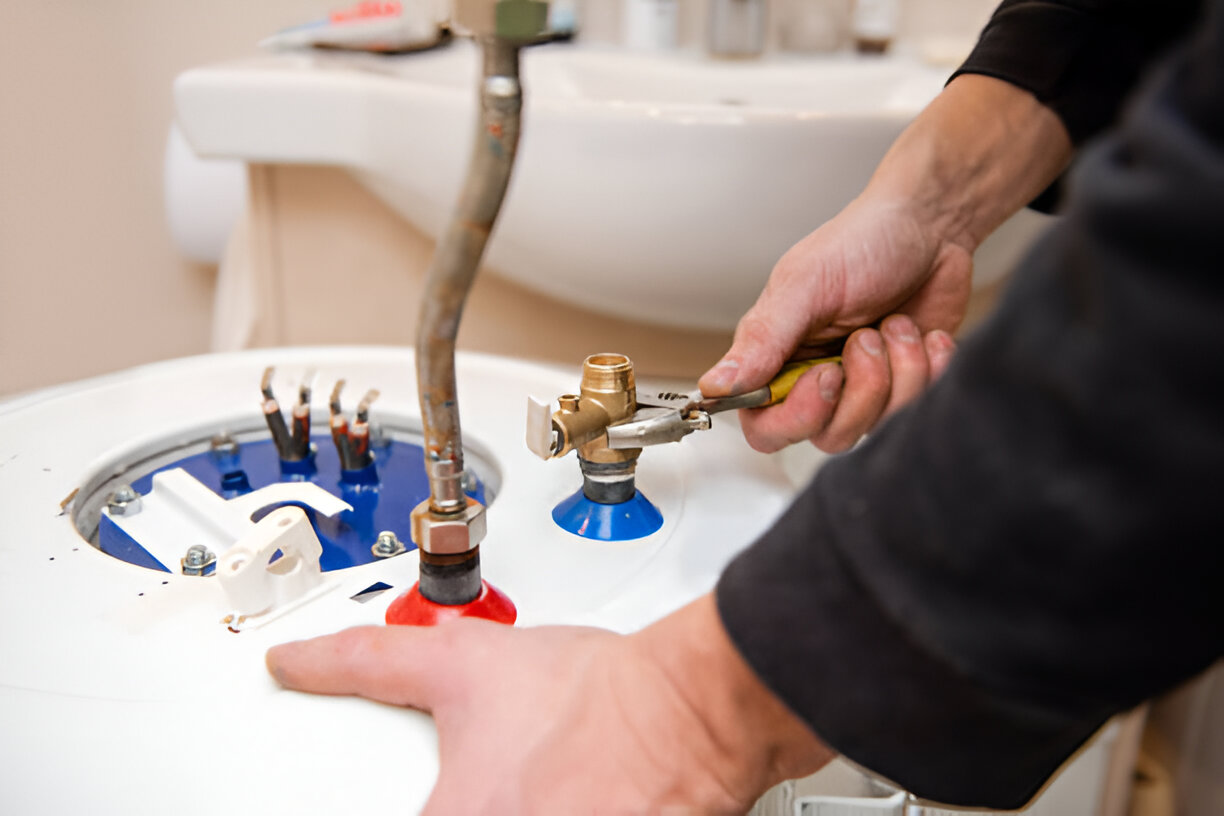
Heating Maintenance in Lititz, PA
Keeping your home warm and safe through Lititz winters starts with dependable heating maintenance. Routine, seasonal upkeep reduces unexpected breakdowns, improves efficiency, and preserves equipment life — especially important in Lititz where older homes and sustained cold spells put extra stress on furnaces, boilers, and heat pumps.
Why routine heating maintenance matters in Lititz
- Lititz experiences prolonged cold weather and occasional deep freezes. That extended run time increases wear on motors, burners, and controls.
- Many homes in Lititz are older or historic, often with legacy boilers or mixed heating fuel sources (natural gas, propane, oil). Older equipment needs more frequent checks to maintain safe, efficient operation.
- Proper maintenance keeps systems operating at rated efficiency, which lowers fuel bills and reduces uncomfortable temperature swings during cold snaps.
Common heating systems and issues in Lititz
- Furnaces (gas or oil): Common problems include dirty filters, clogged burners, faulty igniters, uneven heat, and short-cycling.
- Boilers (hot water or steam): Scale, sediment, leaking valves, air in the system, and inefficient combustion are frequent sources of trouble.
- Heat pumps and ductless systems: Reduced capacity in colder weather, refrigerant leaks, and dirty outdoor coils can reduce performance.
- Older or mixed-fuel setups: Corroded flues, drafting problems, and worn mechanical parts increase safety risks and inefficiency.
Typical symptoms homeowners notice: rising energy bills, uneven heating between rooms, frequent cycling on and off, strange noises, visible soot or rust, and in severe cases, loss of heat during subfreezing nights.
What a seasonal heating inspection includes
A comprehensive seasonal inspection addresses safety, performance, and efficiency. A typical professional checklist includes:
- Visual system assessment for corrosion, leaks, and damaged components
- Clean and inspect burners, heat exchangers, and combustion chambers
- Check and adjust gas pressure and fuel delivery where applicable
- Test ignition system, pilot assembly, and safety controls
- Measure flue drafting and inspect venting for blockages or leaks
- Check and lubricate motors, fans, and bearings
- Inspect electrical connections and control wiring for wear or loose terminals
- Verify thermostat calibration and proper cycling
- Replace or top off filters and advise on filter type and schedule
- For boilers: check pressure, bleed radiators, inspect expansion tanks and piping for leaks or air pockets
- For heat pumps: clean coils, check refrigerant levels, and test reversing valve operation
- Perform efficiency checks and safety tests, including basic combustion analysis or carbon monoxide screening when applicable
Recommended maintenance schedule for Lititz homes
- Furnaces (gas/oil): Annual inspection and cleaning, ideally in late summer or early fall before heavy use. More frequent visits may be advisable for older oil systems.
- Boilers: Annual to biannual service, particularly for older cast-iron boilers or systems with hard water that can cause scale buildup.
- Heat pumps: Twice-yearly maintenance (spring and fall) to cover both cooling and heating seasons and catch seasonal refrigerant or coil issues.
- High-use or older systems: Consider shorter intervals and more thorough checks if the unit is over 10–15 years old or if the home uses propane or oil.
How maintenance prevents costly breakdowns
- Early detection of worn parts prevents sudden failure during peak demand when repairs are more disruptive and often more expensive.
- Cleaning burners, coils, and filters restores airflow and combustion efficiency, reducing fuel consumption and lowering operating costs.
- Tightening electrical connections and testing controls reduces the risk of motor burnout and component failure.
- Checking for leaks and corrosion prevents water damage, pipe failures, and unsafe combustion conditions.
- Safety checks for carbon monoxide and proper venting protect occupants from dangerous exposure — a critical benefit in older homes with chimney and flue systems.
Benefits of enrolling in a maintenance program
Enrolling in a structured heating maintenance program brings predictable care and additional practical benefits:
- Scheduled seasonal visits ensure equipment is inspected before high-demand periods in the fall and winter.
- Priority service during peak cold snaps reduces wait times for inspections and emergency repairs.
- Consistent record keeping helps track repairs, parts replaced, and long-term trends that point to emerging issues.
- Programs often include discounts on parts and labor for covered components, making repairs more economical when they arise.
- Memberships typically include reminders and documentation that support warranty compliance and resale value.
What to expect during a typical maintenance visit
A professional maintenance visit is methodical and transparent. Technicians will:
- Start with a system-wide visual inspection and safety review.
- Clean and service key components (filters, burners, coils, fans).
- Perform adjustments and test controls to verify proper operation.
- Run efficiency and safety tests (thermostat calibration, combustion checks, pressure tests).
- Provide a clear summary of findings, recommended repairs, and maintenance history for your records.
Homeowners should ensure clear access to the unit, note any unusual sounds or behaviors to report, and know the approximate age and fuel type of their system.
Simple homeowner maintenance tips between professional visits
- Replace or clean filters every 1–3 months depending on filter type and household conditions.
- Keep vents and returns unobstructed and vacuum registers periodically.
- Insulate exposed pipes and seal drafts around windows and doors to reduce system workload.
- Monitor thermostat settings and consider programmable schedules to avoid unnecessary runtime.
- If you have a boiler, check visible piping for leaks and listen for unusual knocking or gurgling sounds.


Enjoy flexible financing options that make upgrading or repairing your HVAC system easy and budget-friendly.










